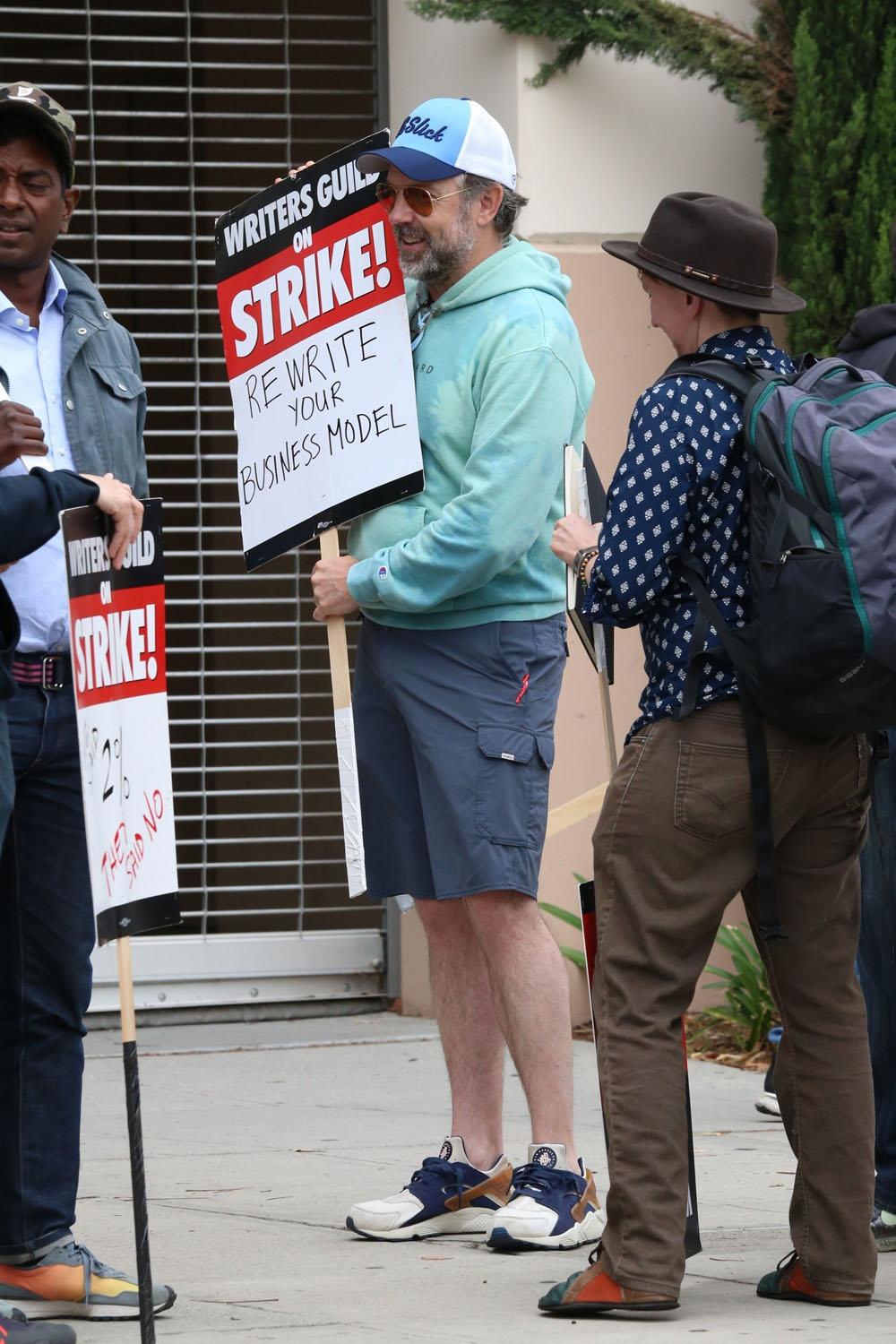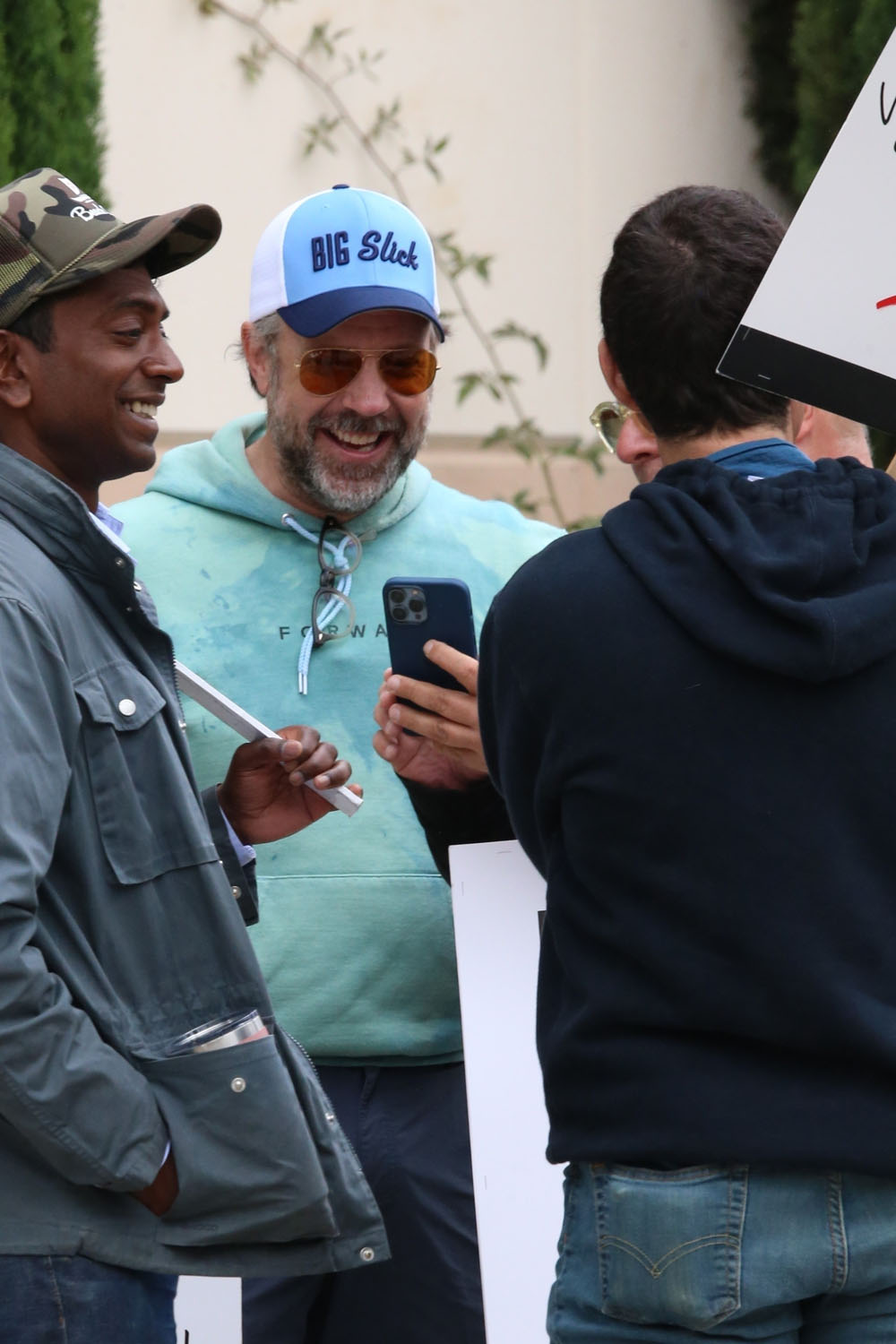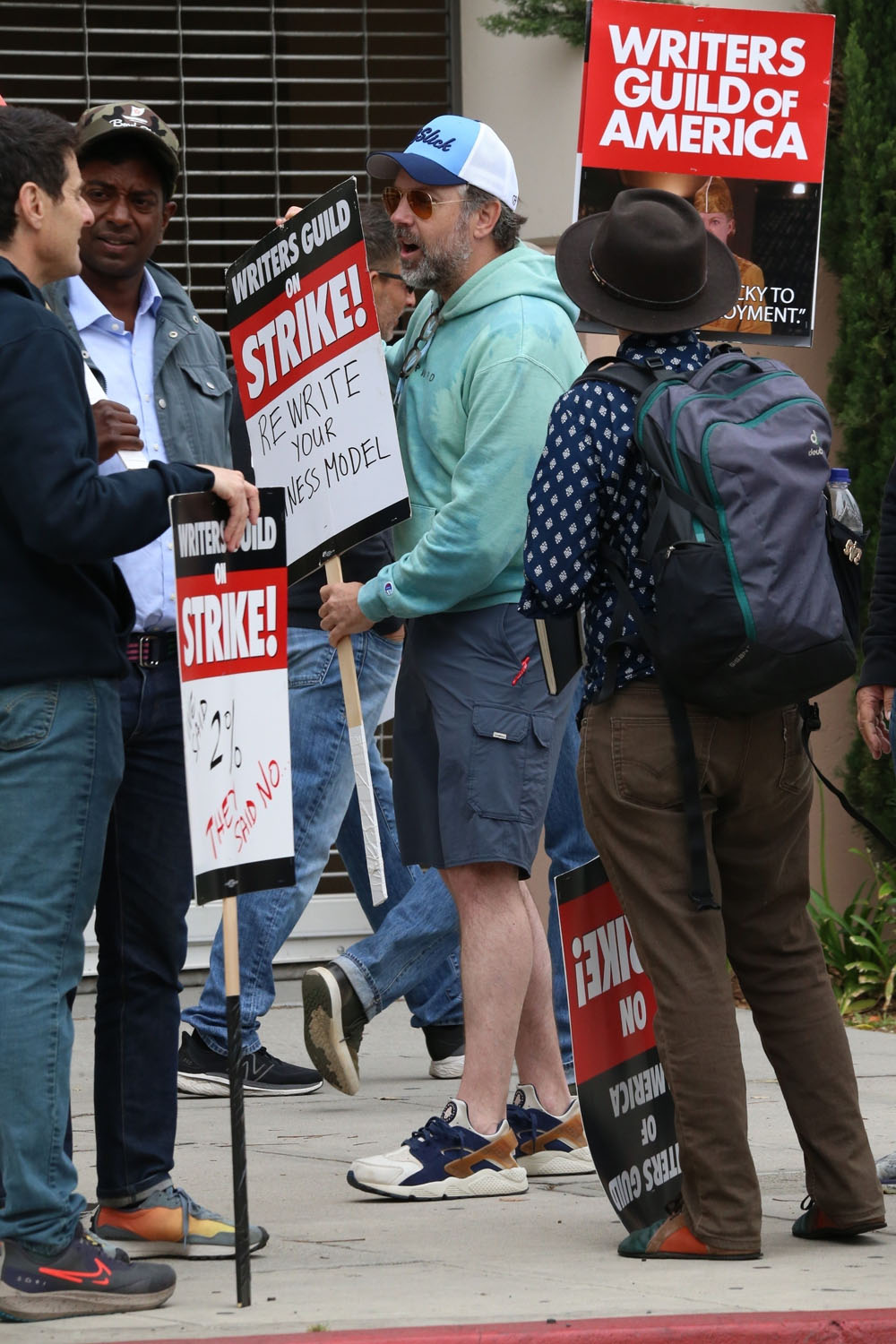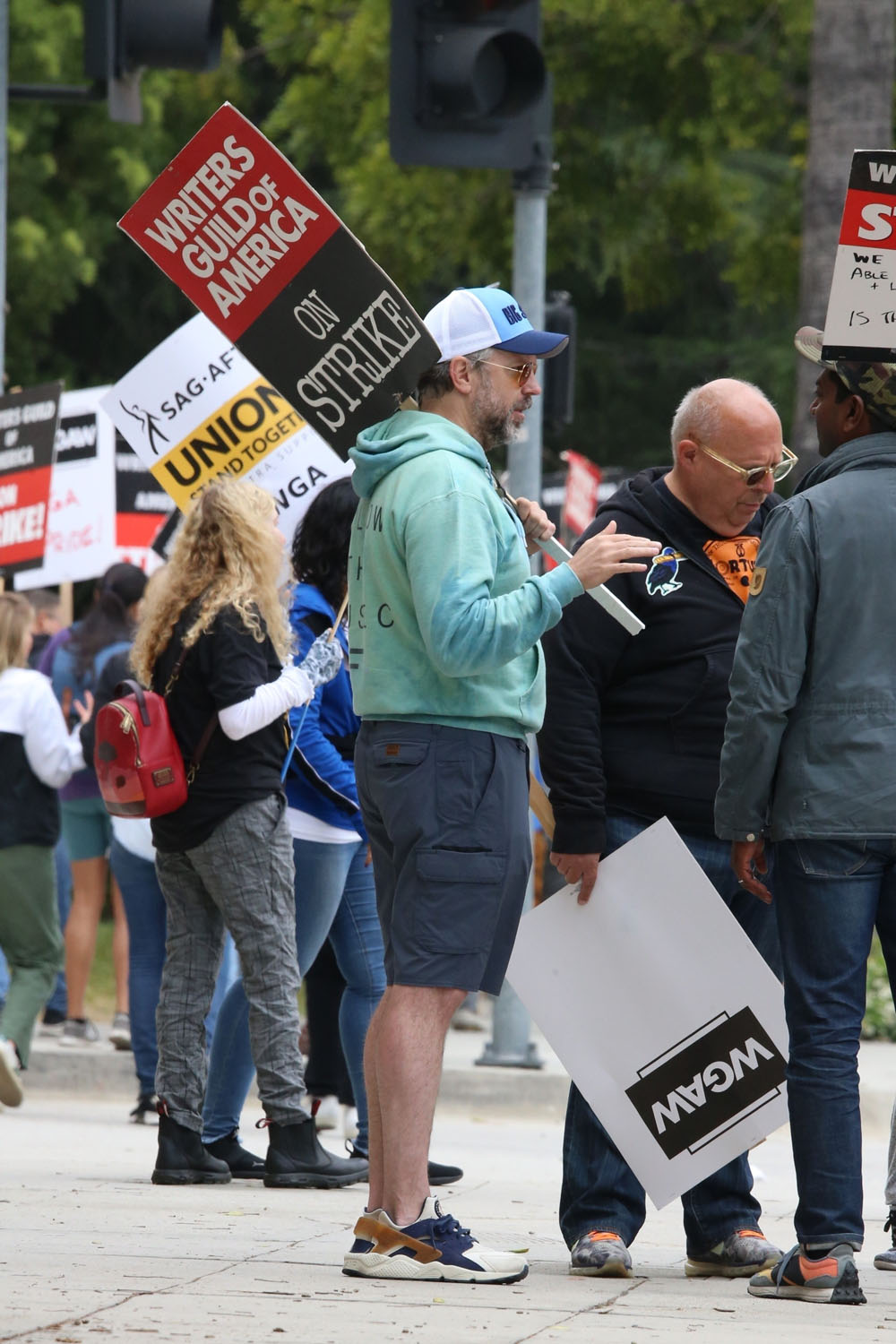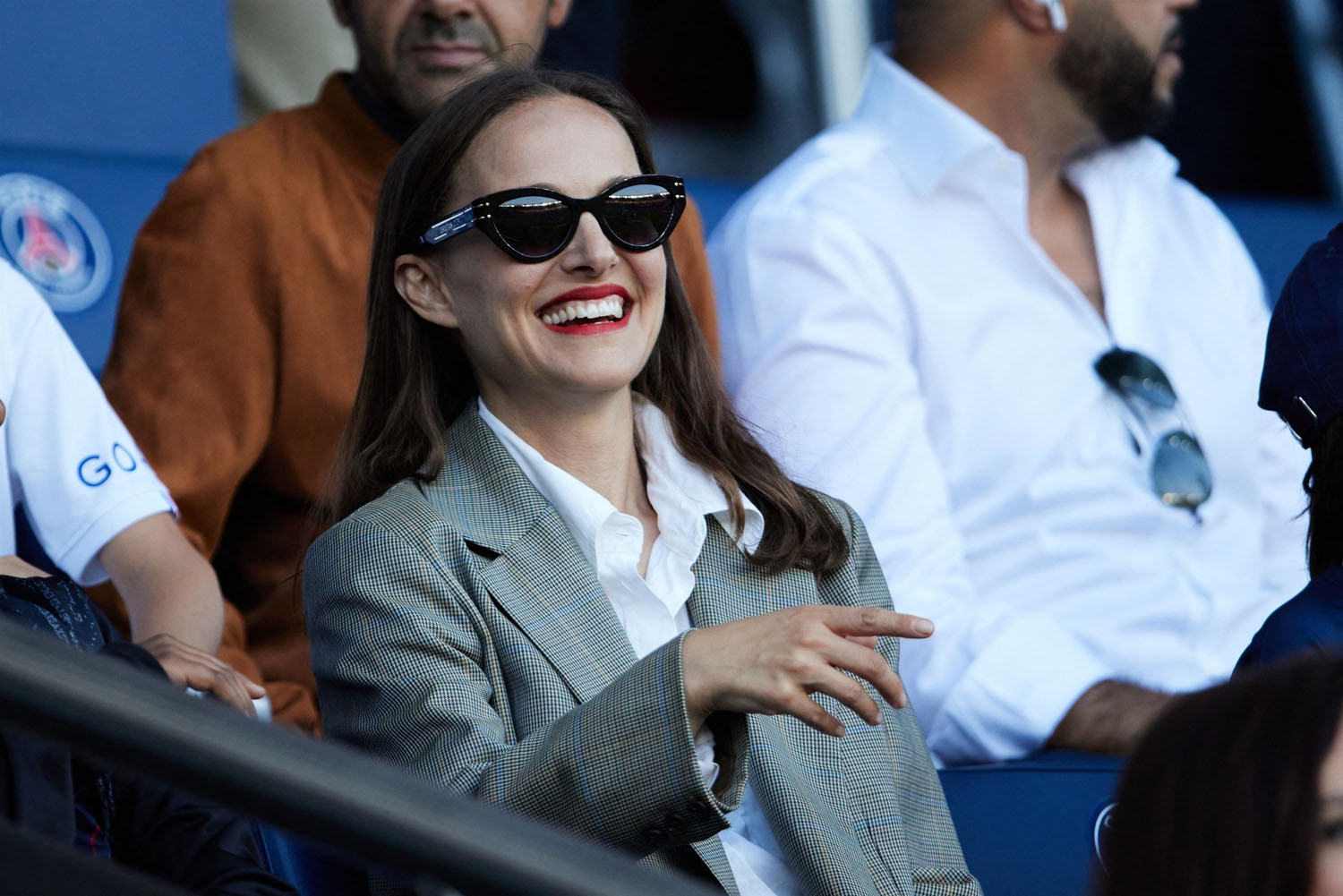The directors (probably) won’t strike


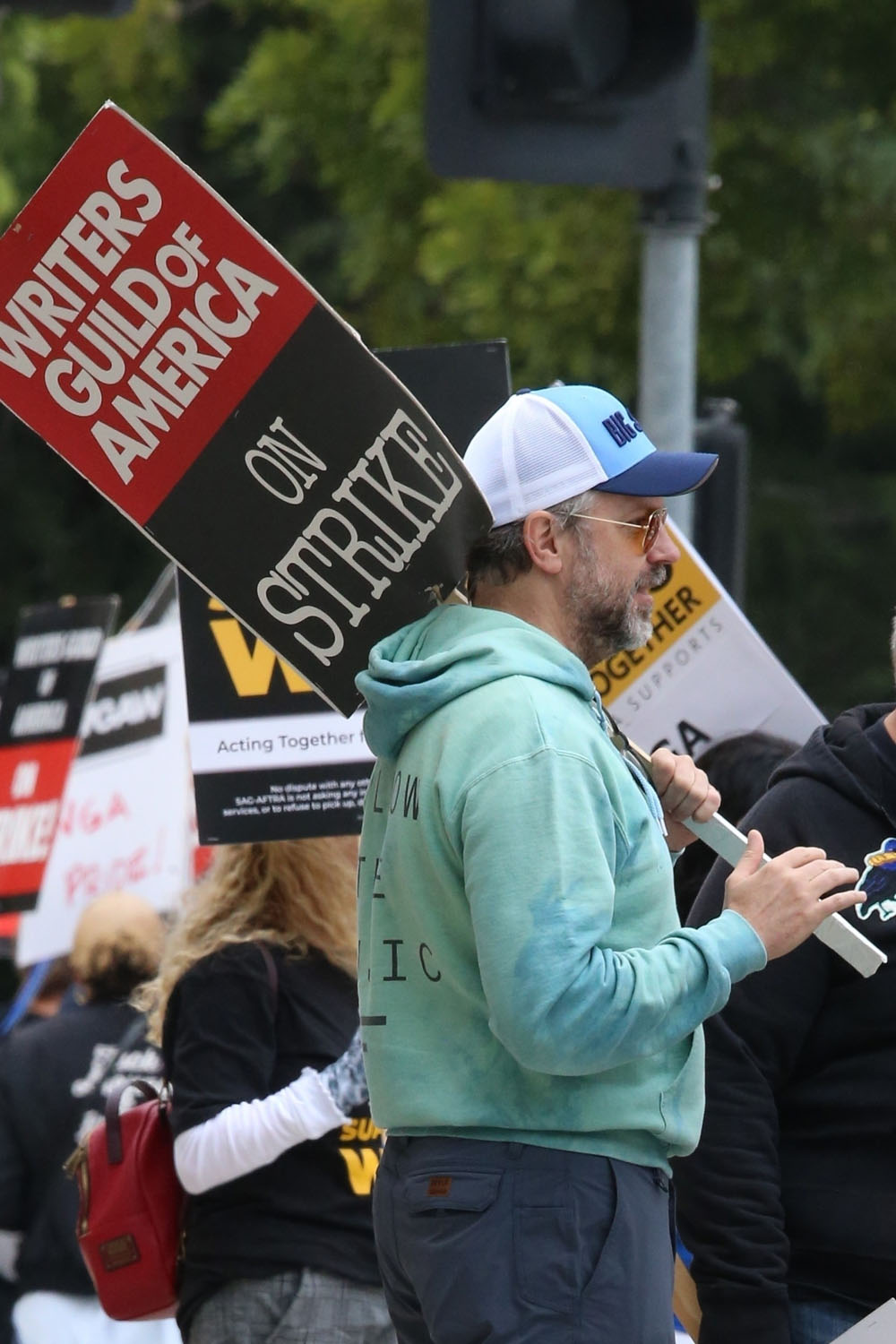
At midnight on Sunday, the Directors Guild of America and the Alliance of Motion Picture and Television Producers (AMPTP) reached a tentative labor contract for the next three years. This comes as the Writers Guild enters their second month of striking, and the Screen Actors Guild prepares to begin their talks with AMPTP on June 7.
Of the agreement, Lesli Linka Glatter, the president of the DGA, said, “This deal recognizes the future of our industry is global and respects the unique and essential role of directors and their teams as we move into that future.”
The deal includes “historic” protections against the encroachment of artificial intelligence in creative industries, cementing that AI “is not a person” and cannot replace duties performed by DGA members. Setting this precedent is important and could provide a template for both SAG and the WGA going forward, but there still seems to be a lot of wiggle room. I feel like in a few years, we’re going to be splitting hairs on what duties a director actually performs versus what could be ceded to a computer. Framing, for instance, I can just see some robot-fondling noodle without a creative instinct in their body insisting a computer can form a perfect image just fine, thanks Spielberg, take the day off.
Other tenets of the new agreement include global streaming residuals of $90,000 per year for the first three exhibition years for a one-hour episode of television, while feature film directors will now be compensated for the “soft prep” that is done before a director formally begins pre-production on a film (which can cover months, if not a year or more, especially on big films). There are also working conditions and residuals in place for programs made for free-to-consumer streaming platforms like Tubi, Roku, and Freevee (Jury Duty, for instance, is on Freevee). These platforms previously fell in the no man’s land between traditional broadcast TV and streaming.
There are also new protections in place and residuals for directors working on reality and variety programs, another shadowy area that has exploded since the 2000s, as well as formal safety regulations banning live ammunition on sets. There are other gains, but the main overview is: more streaming residuals, protection against AI replacement, and improved working conditions particularly around guns and hours worked on set.
This agreement will go to the DGA board this Tuesday, and then will be up for a ratifying vote at an as-yet unspecified date by members. I spoke to a member of the DGA about this tentative deal, and he expressed some ambivalence, particularly around AI and streaming residuals. Of AI, he said, “We just don’t really know what it will be, I doubt this definition even lasts for the proposed three-year term. We’ll be fighting this forever, I think.”
His other major area of reserve is around the streaming residuals. While the proposed deal represents a 76% gain in earnings, broadening the standard to include international platform subscriptions, not just those in North America, there remains a lack of transparency around data (this is a big key for the WGA, too). The proposed earning structure is based on number of subscribers, not viewership of individual programs. Streamers will still not be required to share with directors who and how many are actually watching their output, which opens the door to more tax write-off f-ckery.
“If I don’t know how successful my show or film is, how can I argue if a streamer decides to dump it for a write-down? It doesn’t matter how well it performs, they can drop it at any time to save a buck on my residuals,” he said, pointing out the obvious glaring hole in the agreement. $90,000 per episode for three years is great and all, but there’s no guarantee they’ll keep your show on the platform for that whole term. It could still be dumped just like Disney’s recent mass erasure of programs from Disney+ and Hulu.
No labor deal is ever perfect, as the saying goes, you know it’s a good compromise when no one is happy. But this tentative agreement offers no protection against having your work abandoned for a write-off, and there’s no guarantee a director will realize all of the proposed $270,000 residuals over three years. It’s basically an idea of money you MIGHT see if you’re lucky enough to direct episodes of a massively popular show, like Succession or Stranger Things, that isn’t likely to be killed on the platform.
As for where this leaves writers, well, pretty much in the same spot as before. There was a sentiment going into the weekend that the DGA would get a deal—directors are actually valued in Hollywood—and the WGA would still be fighting for a fairer shake from AMPTP. On June 1, almost as if sensing something was coming from the DGA soon, the WGA sent a letter to members stating that AMPTP “will have to negotiate with the WGA on our full agenda” regardless of the outcome of the DGA negotiation.
Certainly, though, their position would be strengthened if SAG-AFTRA were also to go on strike. That would bring the entire industry to a grinding halt, and force AMPTP to deal with both groups from a weakened management position. The worst outcome for writers is that they remain the only guild on strike, though it is important to note that IATSE and the Hollywood Teamsters remain in solidarity with WGA, not crossing picket lines and thus forcing dozens of productions to shut down across the country. The writers are not in this alone, even if it behooves certain groups to make it seem that way.
And, speaking to one creative executive, the writers are the foundation and future of the business. It’s important to remember AMPTP is a coalition, not a monolith. Some studios and streamers are more ready to deal with writers than others, and frustration is mounting among those executives who are watching creative partnerships fray in the meantime, and who worry about who will be left to dream up the new stories and adventures that enthrall audiences.
“If we don’t take care of the writers now,” the exec said, audibly frustrated, “what do we have? A bunch of computers? Who writes the next Succession? HAL 9000? No thanks.”
Attached - Jason Sudeikis supporting the Writer's strike today in LA.

